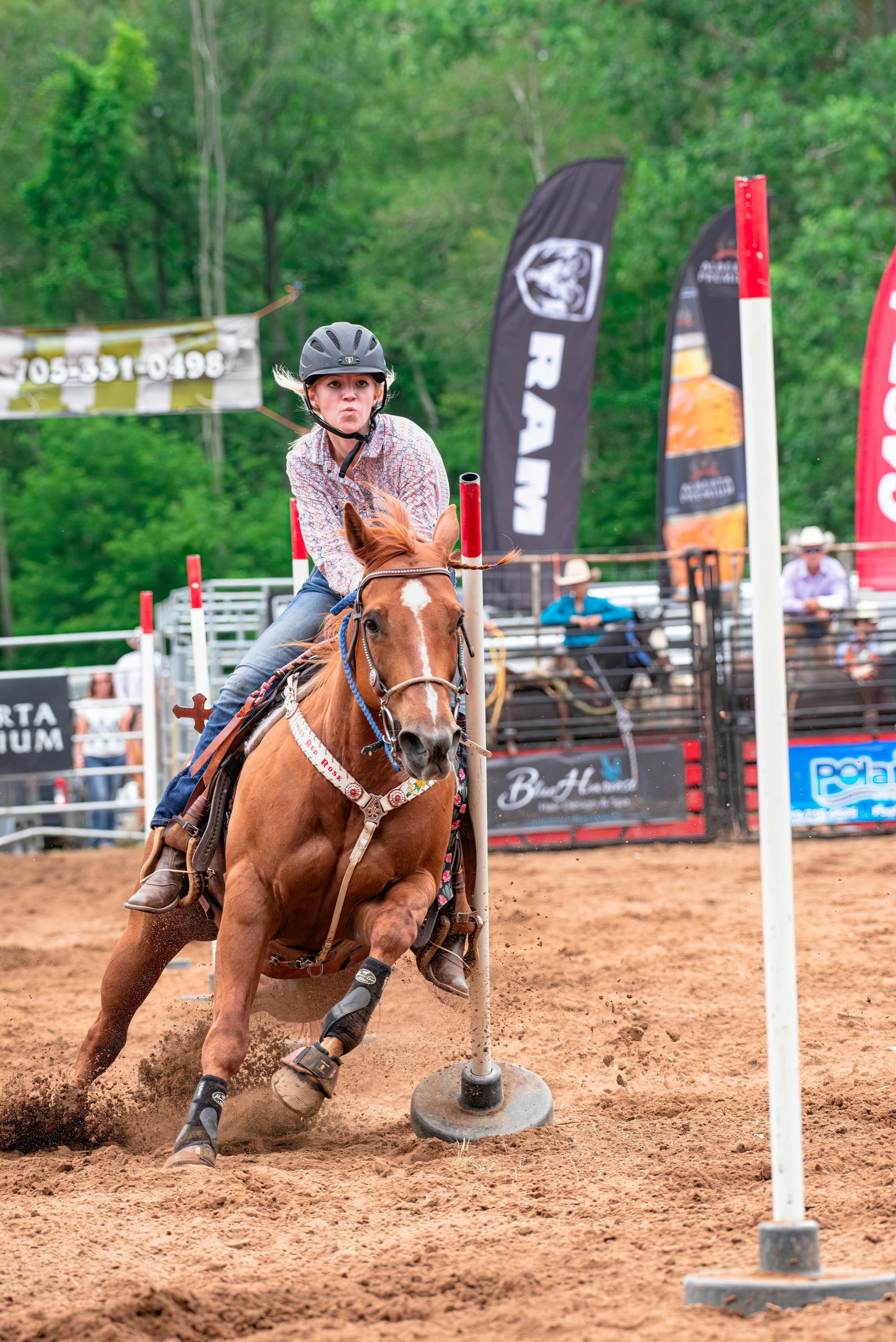Understanding Your Vehicle Accident in the Driveway: Insurance and Liability Insights
Emergency Incidents at Home: When Vehicles Collide Without Intent
Living with a partner and navigating the complexities of vehicle ownership can sometimes lead to unexpected surprises—even in your own driveway. Recently, a situation arose where two parked vehicles collided, prompting questions about liability and insurance coverage that many homeowners and vehicle owners may face at some point.
Scenario Overview
In this particular case, the homeowner (a single individual engaged to their partner and living together) had their 2017 Ford Expedition parked in the driveway. During the same time, their partner’s 20-year-old son arrived driving a 1974 Ford F100 truck—an ongoing project vehicle that is licensed and insured. The son parked the truck uphill from the Expedition and exited the vehicle after closing the door, which unexpectedly popped out of park. As a result, the truck began rolling backwards and collided with the parked Expedition at its front corner.
Impact and Damage
Thankfully, the incident was captured on security cameras, confirming the young man’s presence outside the vehicle at the time of the collision. The Expedition sustained significant damage—including a flat tire, bumper issues, headlight damage, and potential harm to aftermarket wheels and suspension components. Conversely, the truck only suffered minor scratches.
Financial Perspective
The owner’s insurance policy includes comprehensive coverage with a $1,000 deductible. Given the vehicle’s estimated value—approximately $12,000 to $14,000—the damages far exceed the deductible amount. While the collision was believed to be due to the vehicle itself rolling, questions arise regarding liability, especially since the young man had exited the vehicle.
Liability and Insurance Considerations
One key question is whether the driver is at fault simply by stepping out of the vehicle. Generally, if a vehicle is left in gear or without proper parking brake engagement, the owner or operator can be held liable for damages caused by the vehicle’s movement. Even if the driver exited the vehicle momentarily, local traffic laws and insurance policies often consider the vehicle’s condition and how it was parked when assessing fault.
Coverage Type and Claim Options
-
Auto Insurance: Typically covers damage resulting from vehicle operations, regardless of who was behind the wheel at the time, assuming proper parking procedures were followed. Since both vehicles were parked, the primary coverage applicable would likely be the owner’s auto policy for collision damages.
-
Homeowners Insurance: Usually does not cover vehicle damages unless there are specific endorsements. In most cases,



